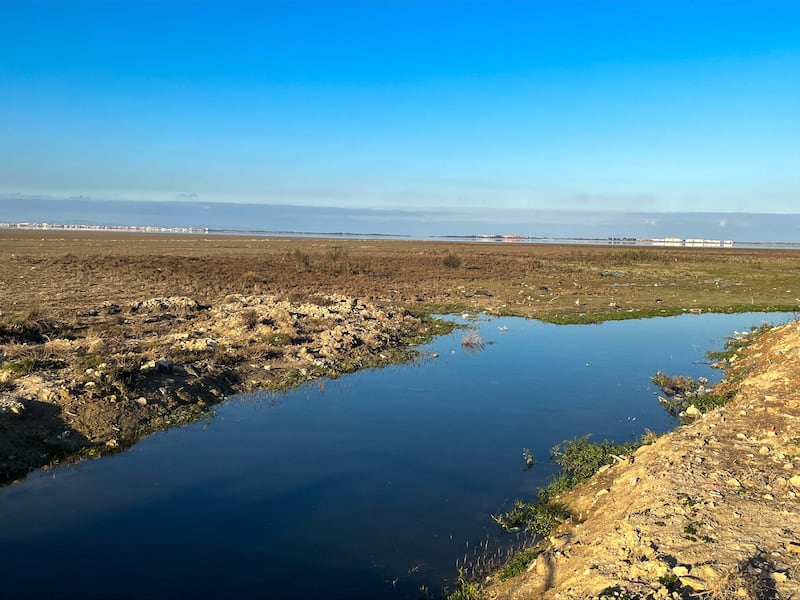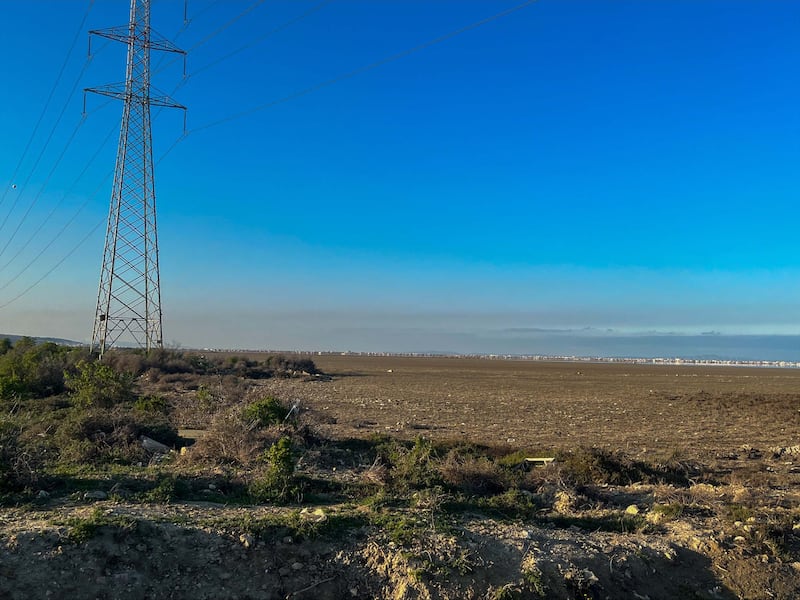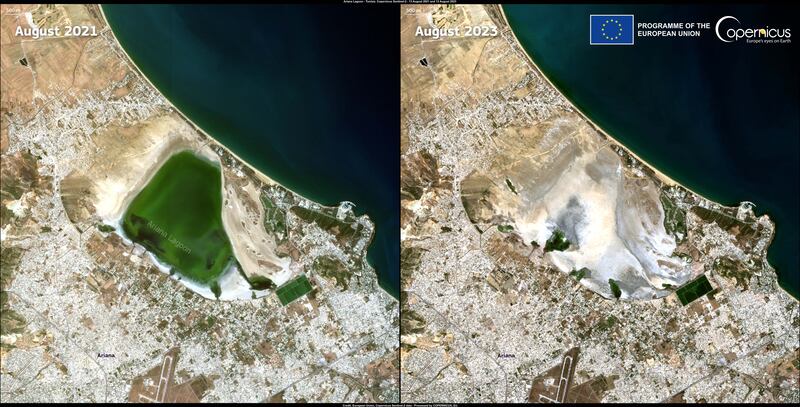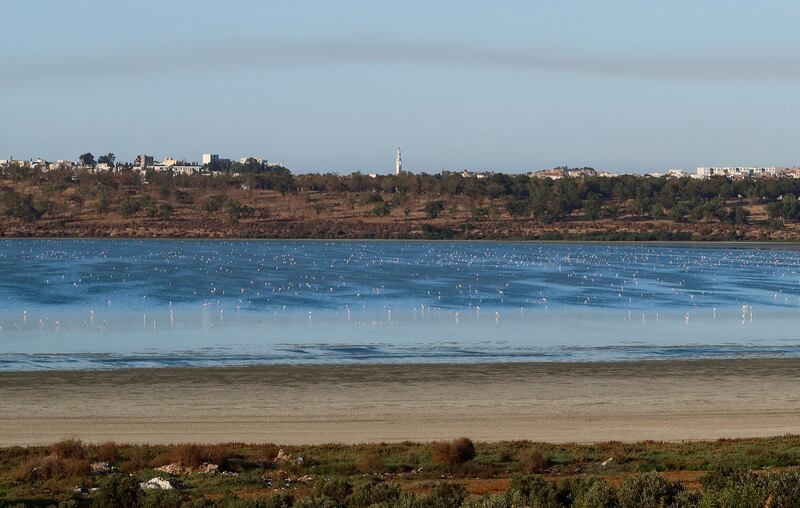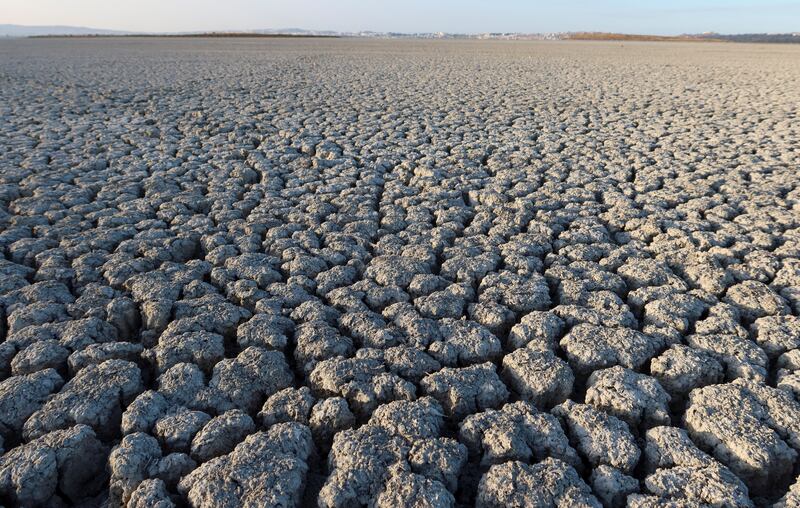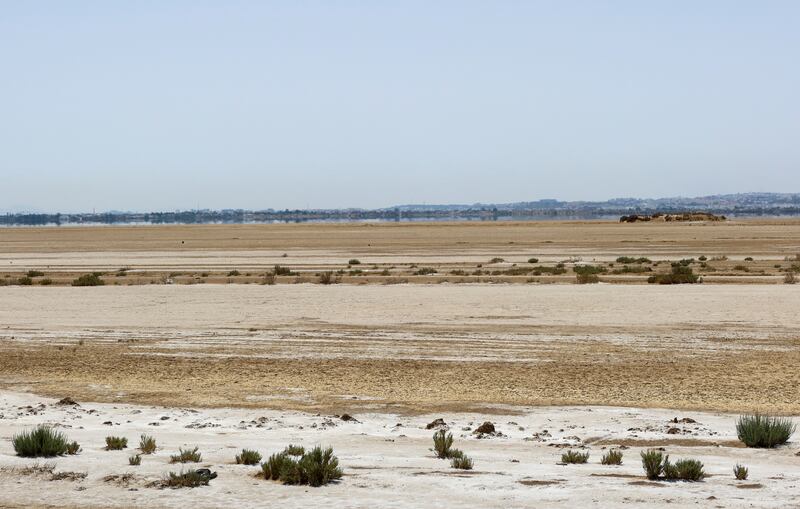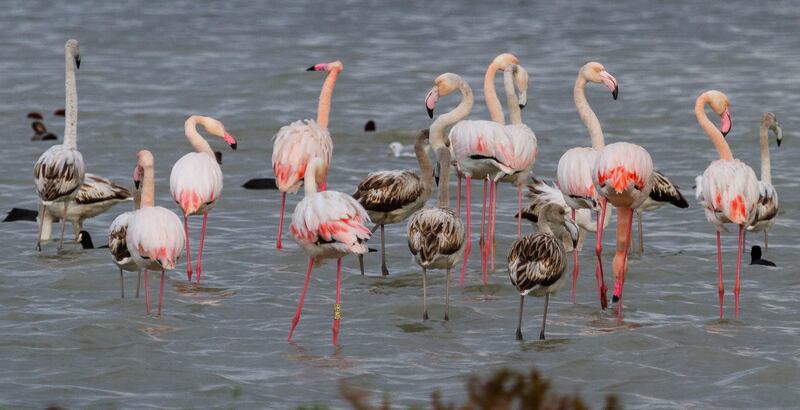Tunisia's wetlands are at risk of completely drying up as the country faces its sixth consecutive year of drought, with rising temperatures, longer summers and less rain.
The impact of climate change has increased pressure on the country's already depleted groundwater sources, but its wetlands are also under threat from increasing chaotic urbanisation, polluting industrial projects and the state's unclear environmental vision.
Campaigners have warned that three lagoons in the capital Tunis could vanish after temperatures reached a record high of 49°C in July.
The Ariana lagoon, which usually covers more than 5,000 hectares, is where hundreds of bird species migrating from Europe to south of the Sahara stop to rest and feed.
However, images from the European Union’s Sentinel 2 satellites show a shocking reduction in the lagoon’s size between August 2021 and 2023.
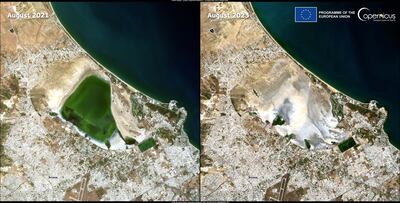
Ecologist Imen Labidi says the Ariana lagoon is interconnected with the Sijoumi and Lac lagoons, also near Tunis. They will be affected by the impact on Ariana, putting the entire ecosystem at risk.
“These lagoons are connected one to another and are a key area for migrating birds that go back and forth between them to feed and sleep,” Ms Labidi said.
After more than six years of research and field observations on the Ariana lagoon, Ms Labidi has concluded that alongside overheating, another threat to the wetlands must be acknowledged: chaotic urbanisation.
“The climate change effect is there and we cannot deny it, for sure, but man-made problems such as chaotic urbanisation are faster at leaving a trace,” she said.

Visitors to the Ariana lagoon will notice an array of irregular construction and buildings, as well as a large amount of domestic waste that has been dumped straight into the lagoon.
“People must know that these areas play a tremendous role in protecting nearby neighbourhoods from floods as it absorbs rainwater in addition to its ability to nourish groundwater tables,” Ms Labidi told The National.
“Unfortunately, Tunisians' mentality regarding these lagoons, which [they] consider unimportant, has created an extra charge of polluting waste.”
Tunisia has been a signatory to the Ramsar Wetlands Convention since 1981, under which it is obliged to maintain national laws aimed at halting the worldwide loss of these habitats and conserving them through proper use and management.
“As Tunisia is a signatory to the Ramsar treaty, it needs to reject any form of intervention including chaotic urbanisation and certain developmental projects,” Ms Labidi said.
However, Tunisia has signed and not ratified the treaty and therefore is not legally bound by it under international law.
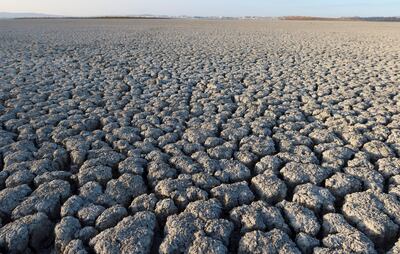
Benefits of preservation
Ms Labidi highlighted the many benefits of preserving the lagoons.
They play a crucial role in countering the effect of climate change due to their capacity to absorb carbon dioxide, which is about double that of a forest.
“If we preserve just one lagoon, we will also be preserving more than one forest,” she said.
The lagoons also support a rich array of animal species.
Aside from the migratory birds that visit every year, the lagoon is home to insects, frogs and sometimes fish.
Ms Labidi said changing migration patterns of birds to the lagoon could help scientists predict wider impacts of climate change.
Undeniable change

Lassaad Akshoumi, 38, has lived his entire life in a house only a few metres away from the western flank of the Ariana.
He said over the past 12 years, the lagoon has been turning little-by-little into a big sewage dump.
“Before the revolution, authorities used to pump seawater into [the lagoon], there used to be lots of fish and fishermen's boats would be floating there all year round,” Mr Akshoumi told The National.
“Now that does not happen any more and the lagoon has turned into a bare land with lots of dirt and waste laying around."
Since the Tunisian Revolution in 2011, the country has been struggling with political and economic instability, and environmental issues have taken lower priority.
Mr Akshoumi said that in the past few years he had noticed a decline in the number of birds, and an increase in dust.
“Lots of us have developed allergies because of the pollution that is especially noticeable during windy weather,” he said.
More sewage and domestic waste has been discarded into the Ariana lagoon as urbanisation increased nearby, he said.
However, decision-making bodies including the Ministry of Agriculture have been trying to deter the expansion of construction projects that some investors are still trying to impose on the area.
